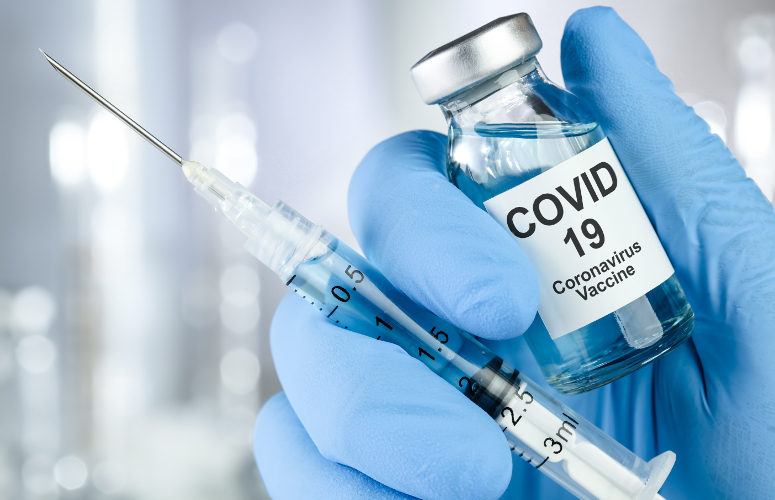Melvin Durai
If you’ve been vaccinated against Covid-19, please accept my sincere congratulations. You have not only protected yourself from the virus, you have also shown concern for those around you: your family members, your neighbours, your dog and cats.
Your pets may not get Covid from you, but if you get the virus and are hospitalised, who is going to feed them?
Millions of Covid vaccine doses are being distributed around the world, made by pharmaceutical companies such as Pfizer, Moderna, Johnson & Johnson and AstraZeneca. In most countries, priority for the vaccine has been given to people considered most vulnerable. This includes people with certain underlying medical conditions, such as cancer and heart disease, as well as frontline workers and healthcare professionals.
Old people also have priority, because if you do not keep the old people alive, who is going to force the young people to get vaccinated?
Old people and young people do not have the same fears about the virus.
Grandfather: “If I get Covid, I might end up in the hospital and possibly die.”
Grandson: “If I get Covid, I might give it to my grandpa and he might die.”
Nobody enjoys getting vaccinated, but considering everything we’ve been through for the past year, everyone should be excited to get the Covid vaccine. But many people are like my teenage daughter, Divya, who does not like any type of vaccination whatsoever. If there was a vaccine to protect her against school teachers, she wouldn’t get it.
Divya is not yet eligible to get the Covid vaccine, but I’m sure she is already having nightmares about it—picturing a nurse approaching her with a syringe and a needle as long as a fishing pole.
Nurse: “Divya, do you want it in your left arm or your right arm?”
Divya: “Can you put it in my dad’s arm?”
Fear of the needle is just one of a number of reasons that many people are reluctant to get the Covid vaccine, even if they’re eligible for it. A few of them are just plain lazy. It takes a little effort to get vaccinated. You can’t just click a button on your phone. Healthcare professionals do not generally visit your home to vaccinate you. If someone came to our door holding a syringe and needle, Divya would hand over all our possessions. “Take everything we own,” she would say, “but please do not vaccinate me.”
Some people are reluctant to get the vaccine because they’ve received either misinformation or disinformation about it. Misinformation comes through the internet; disinformation comes through Donald Trump.
As a result of this false information, people have started to believe some of the myths about the Covid vaccine. Here are just three examples of these myths:
Myth 1: The Covid vaccine causes infertility. This is not true. If you want to have a baby, one of the best things you can do is get vaccinated against Covid. Ask any medical professional and they will tell you that in order to have a baby, it’s absolutely necessary that you stay alive.
Myth 2: The Covid vaccine will give you the Covid virus. Some people actually believe this—that you might get Covid from the vaccine that was created to protect you from Covid. These are the same people who will avoid going to the police station to report a robbery, because they’re afraid that the police might rob them.
Myth 3: The Covid vaccine will alter your DNA, turning you into another person altogether. People who are happy with their lives do not want to get vaccinated and find that they’ve suddenly turned into someone else. But others may be willing to take the risk, hoping that they will suddenly find themselves writing like Salman Rushdie or batting like Virat Kohli. Of course, if the vaccine actually alters their DNA, they’re far more likely to find themselves writing like Kohli and batting like Rushdie.
